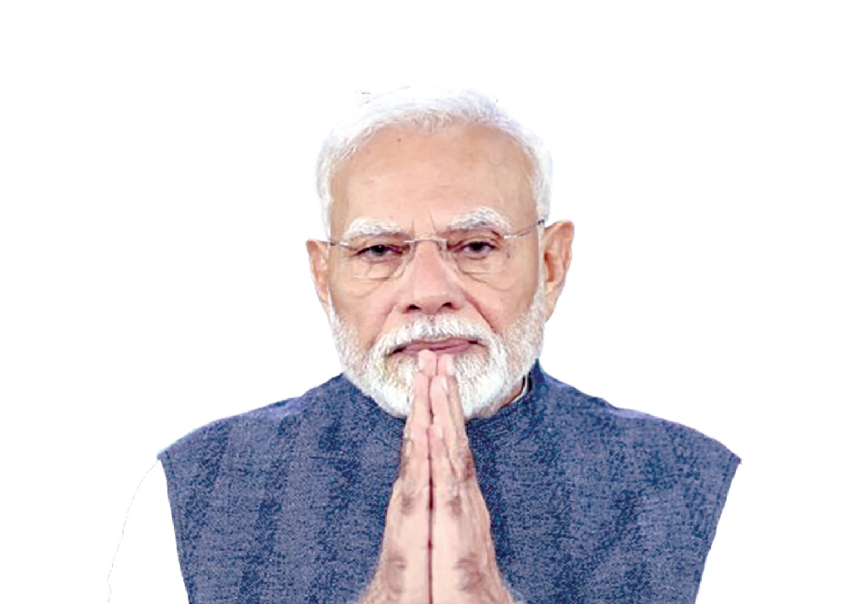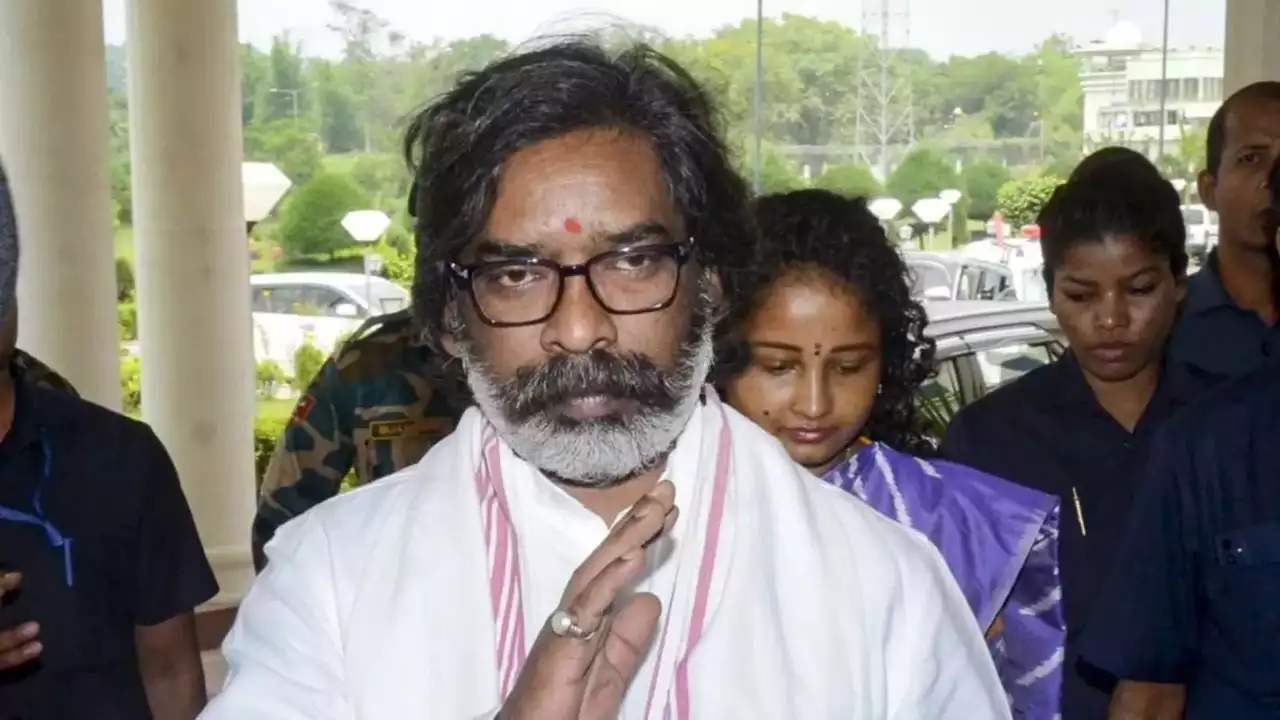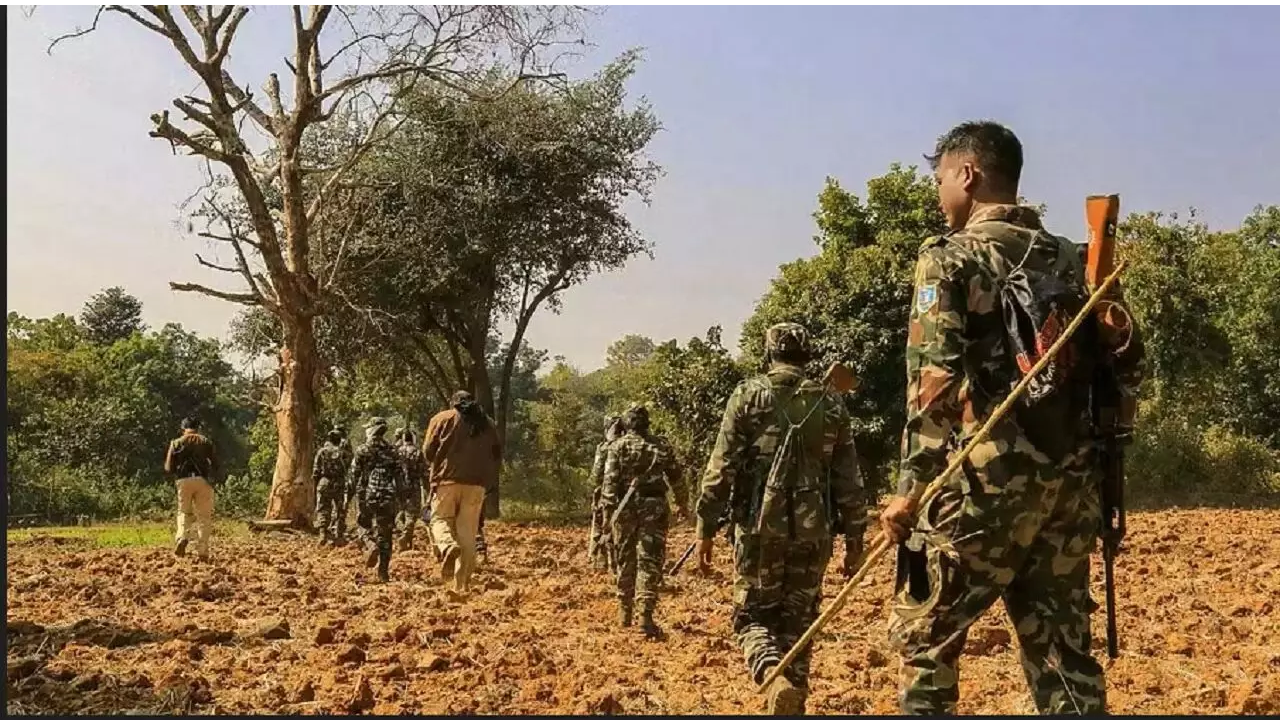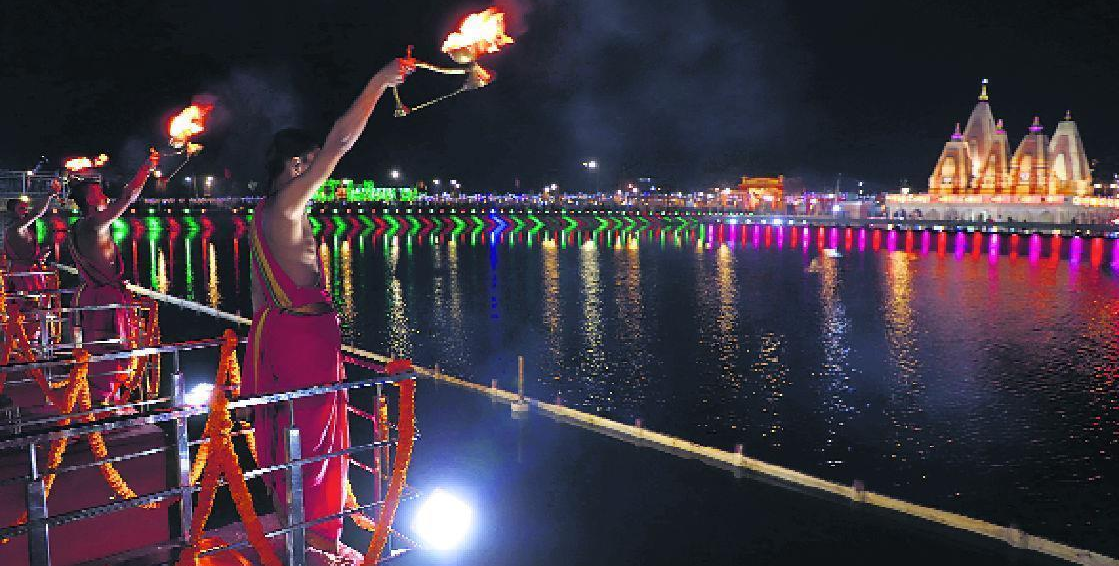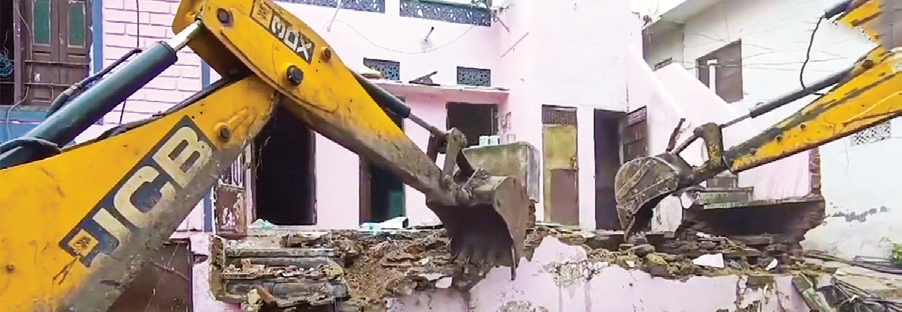
SC halts 'bulldozer justice' across India until Oct 1
NT Bureau, Agencies New Delhi: There will be no demolition of properties, including of those accused of crime, till October 1 without its permission, the Supreme Court said on Tuesday while observing that even one instance of illegal demolition was against the "ethos" of the Constitution. A bench of Justices B R Gavai and K V Viswanathan clarified that its order will not be applicable to unauthorised structures on public roads, footpaths, railways lines or public places like water bodies etc. "Even if there is one instance of an illegal demolition… it is against the ethos of our Constitution," the top court observed while hearing pleas which alleged that properties of accused were being demolished in several states illegally. Referring to the glorification, grandstanding and justification of the demolition action, the bench said, "Now, whether this should happen in our country… Whether the Election Commission can be noticed so that some kind of a thing can be laid down?" At the outset, a counsel appearing for the petitioners said even after the September 2 hearing, demolition was carried out in the country. Countering his submission, Solicitor General Tushar Mehta said a "narrative" was being built over the demolition of properties.
He said there was a petition before the apex court which alleged that because the person belonged to a particular religion, his property was demolished. "Let them bring to your lordships' notice one instance of demolition where the law is not complied (with)," the law officer said. The bench said it will hear the matter on October 1, and till then no demolition shall be done.
One of the advocates appearing for the petitioners referred to the September 12 order passed by a coordinate bench (a bench of identical strength) which had said alleged involvement in a crime was no ground for demolition of a property. "Moreover, the alleged crime has to be proved through legal process in a court. The court cannot be oblivious to such demolition threats inconceivable in a nation where law is supreme," the bench of the court had said.
 English daily published in Bengaluru & Doha
English daily published in Bengaluru & Doha


